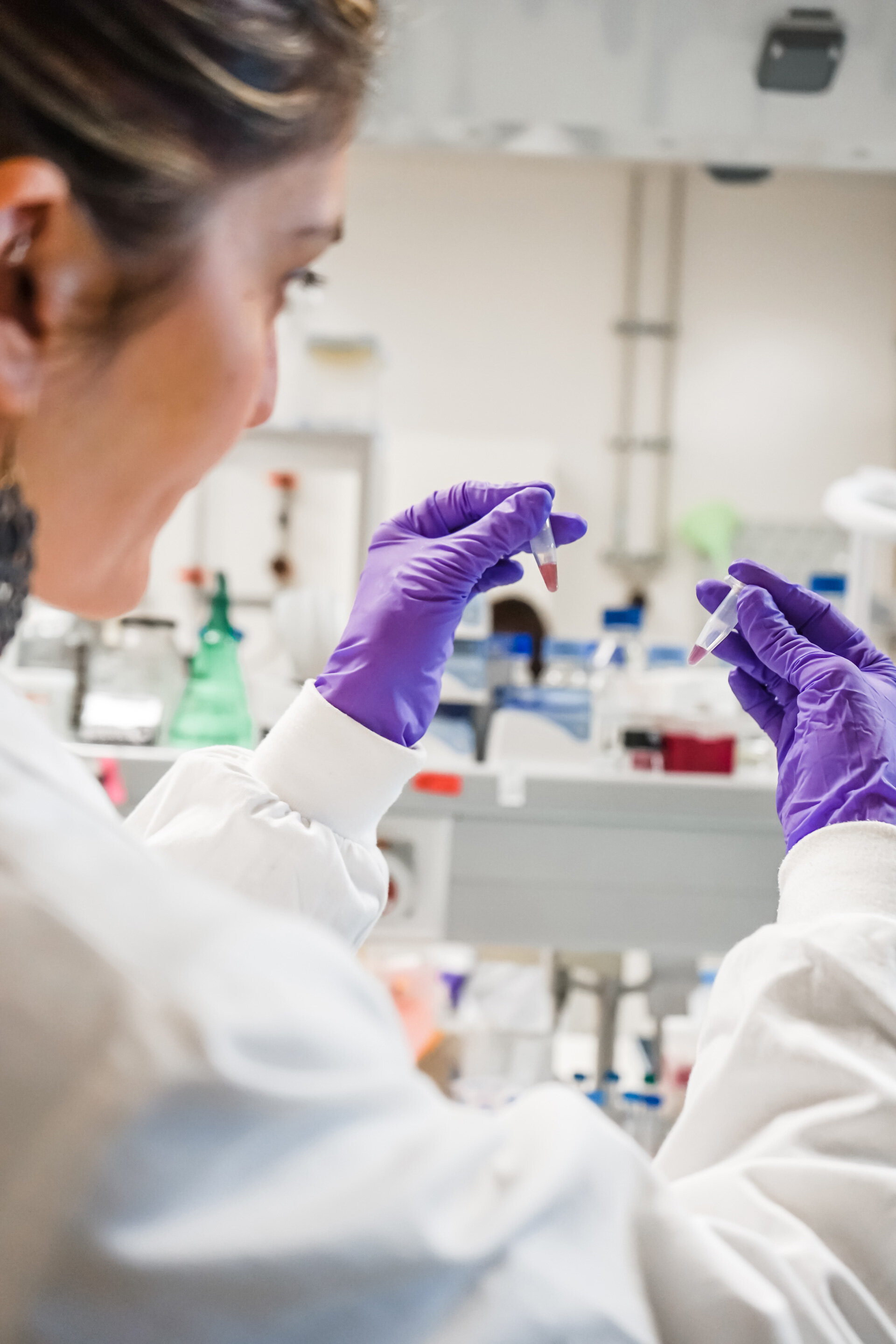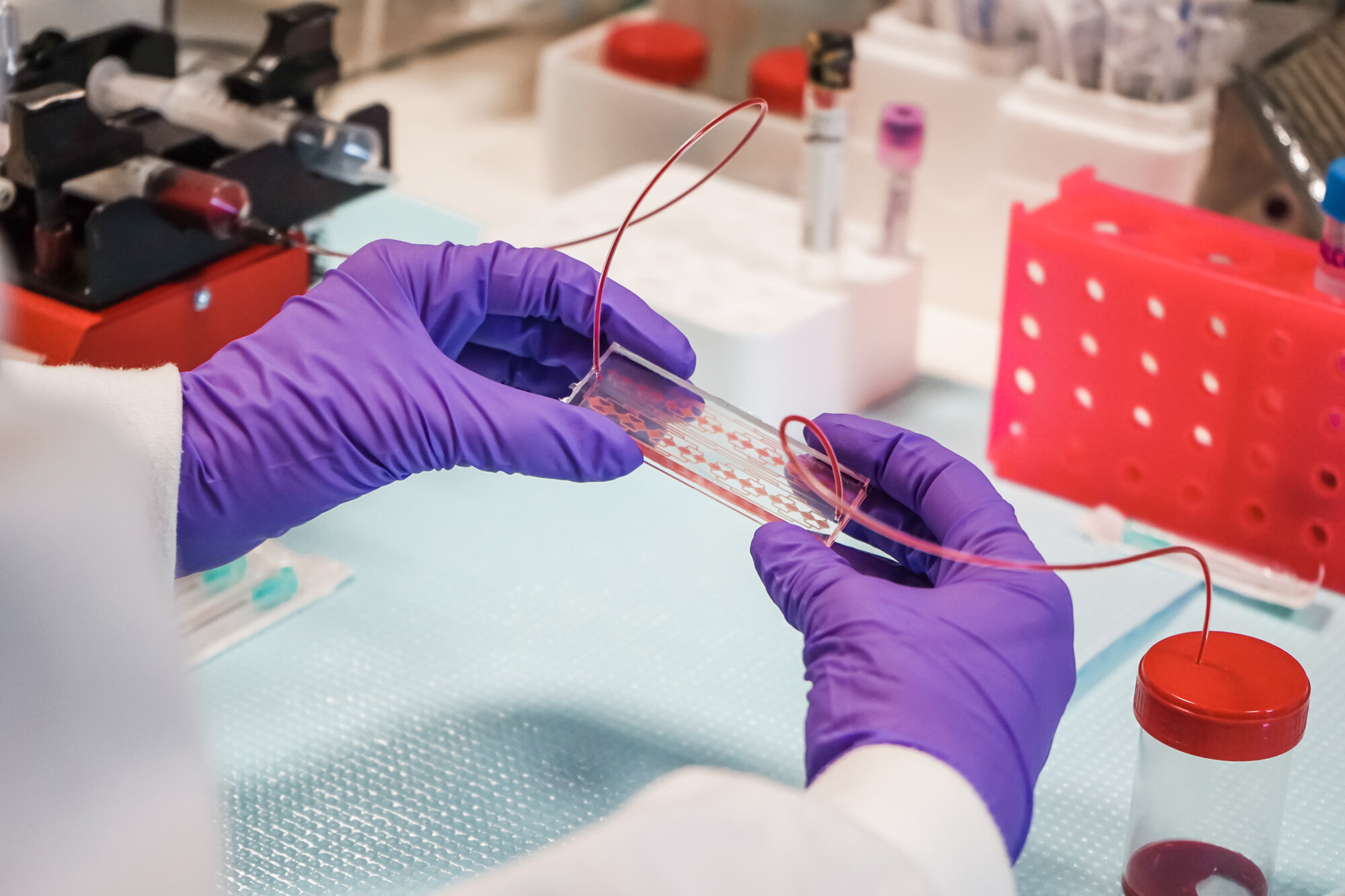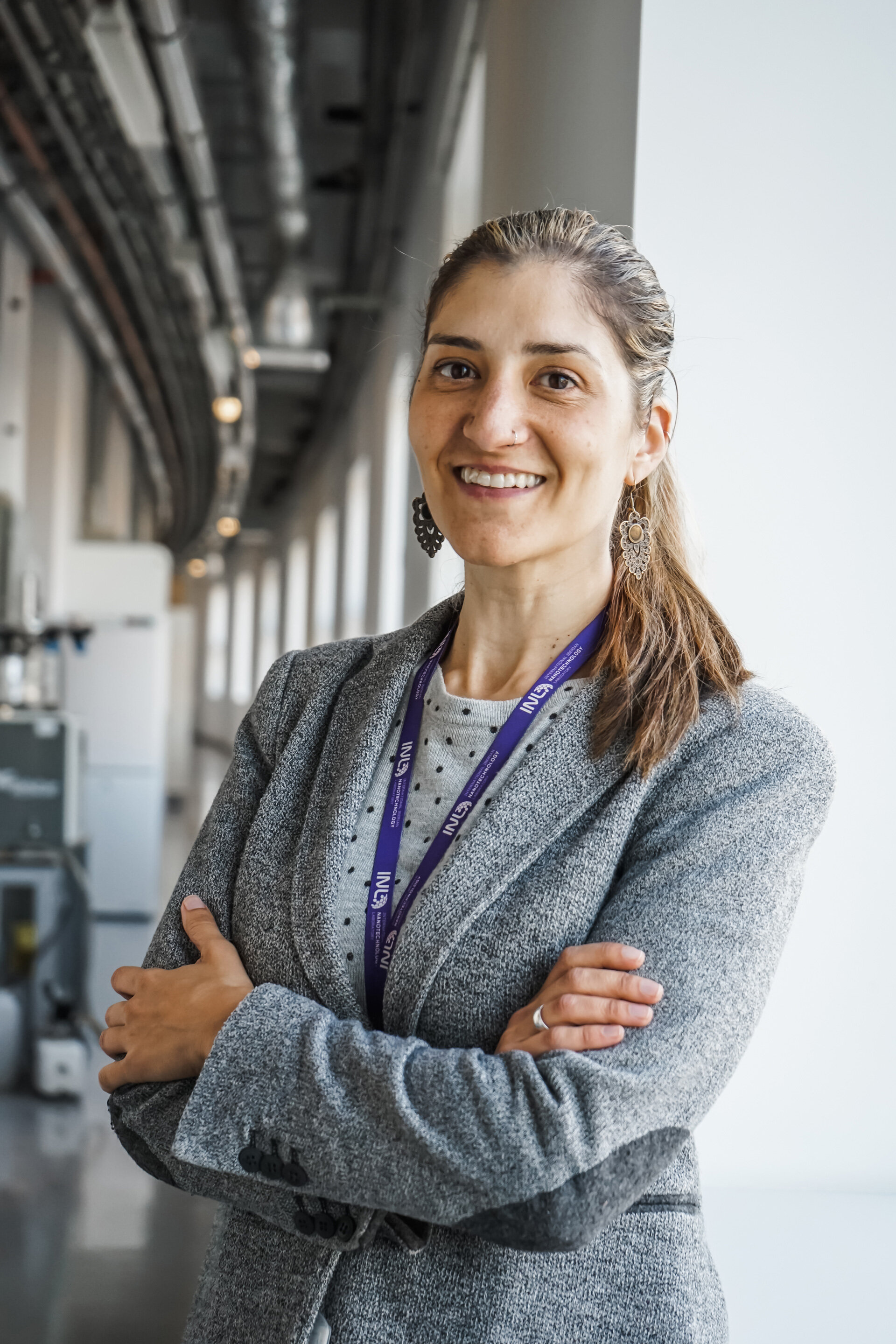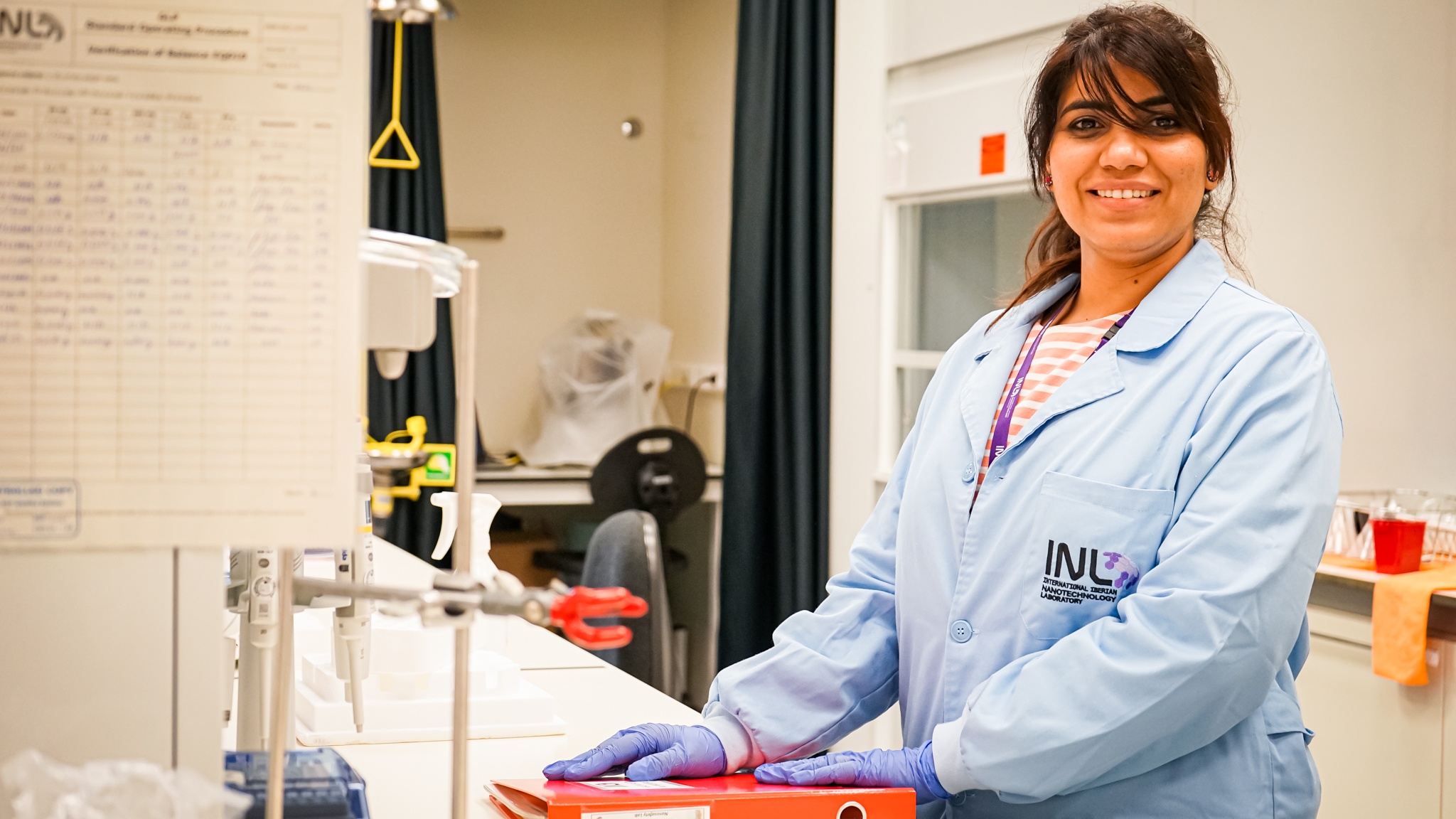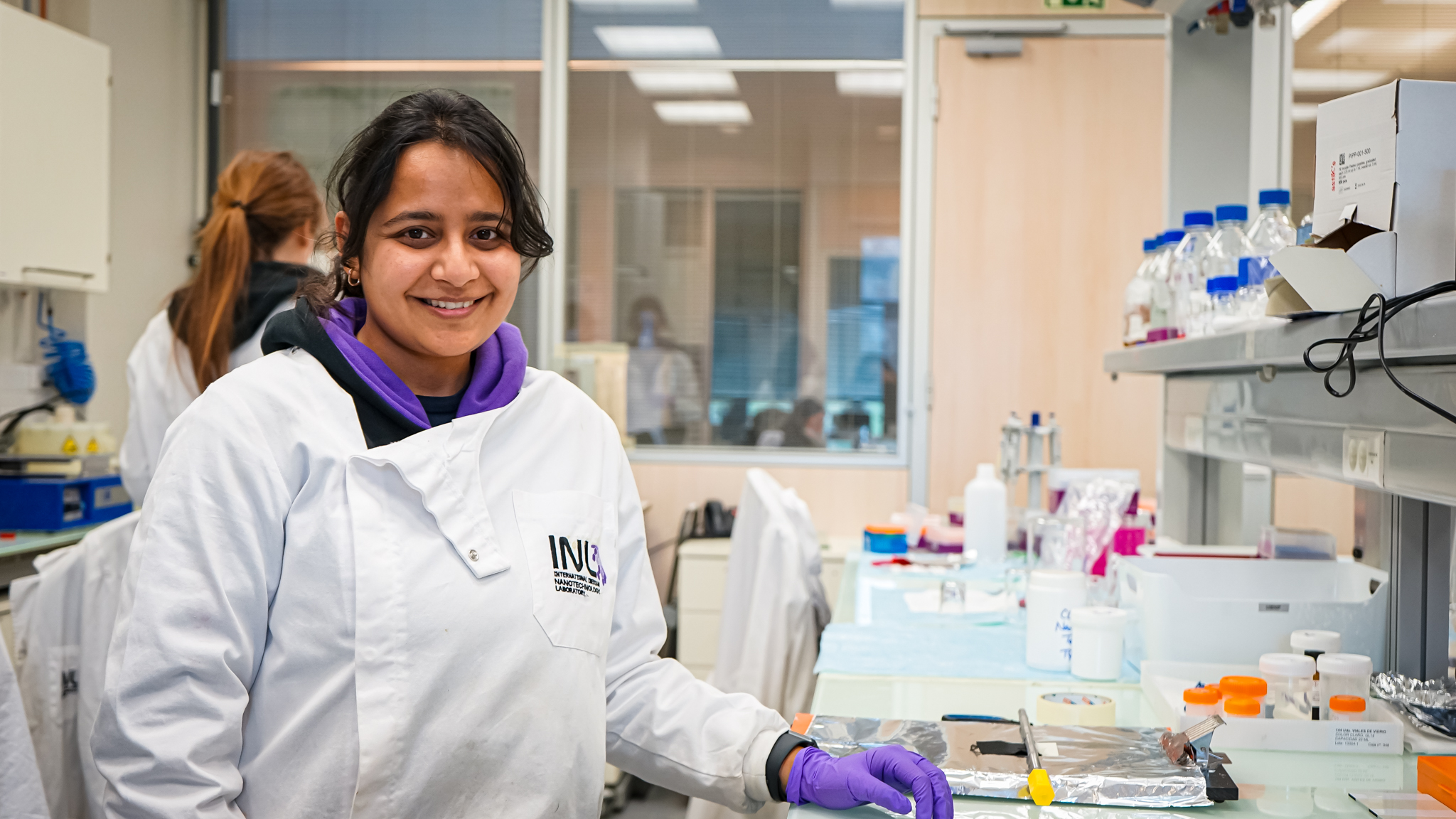
Celebrating WOMEN IN SCIENCE: Interview with Lorena Diéguez
February 6, 2020
Lorena Diéguez joined INL in 2014 as Staff Researcher and is, since May 2018, the leader of the Medical Devices Group. Her research is focused on the Development of Biomicrofluidic Devices mainly devoted to Translational Medical Research in close collaboration with Hospitals for the Development of Integrated Biosensing Systems and Nanobioengineered Diagnostics Microsystems for the isolation and characterization of Tumor Cells from body fluids of cancer patients, as well as the Development of Microfluidic ‘Organ-on-a-chip 3D Models.
What got you interested in this field – Medical Devices?
When I was little, I wanted to be a medical doctor, but I was also passionate about technology and about understanding how things work, even the universe, that’s why I ended up studying physics. A few years later, when it was time to choose a topic for my PhD, I decided to work on biosensors, so that I could put my two passions together: healthcare and technology.
What is the importance of your research?
Every year 18 million people are newly diagnosed with cancer, which resulted globally in 9.5million deaths in 2019. In our ageing population, cancer incidence will double in the next 20 years. To make cancer a chronic disease, scientists need to work together to enable early and accurate diagnosis, as well as to provide a molecular characterisation of each patients’ tumour, towards designing personalised treatments. The medical devices research group is a very multidisciplinary team that develops highly sensitive tools based on microfluidics and nanotechnology for cancer diagnosis, mainly based on liquid biopsy.
What is the most exciting discovery you made during your research?
During the last years, the group managed to create a microfluidic chip that isolates tumour cells from the peripheral blood of patients with very high efficiency. These cells can then be analysed at the molecular level to understand tumour clonality and evolution with treatment in a minimally invasive way. We have also developed several sensing solutions based on Surface-Enhanced Raman Scattering Spectroscopy to analyse single tumour cells with high throughput and to study cancer mutations without the need for any amplification step.
Briefly, what excites you about your work?
The possibility of making a difference for the patients, even the slightest, is certainly a great motivation to wake up every morning. That’s why we work very closely with the hospitals in translational research that can effectively be put at the service of the healthcare system and the society.
